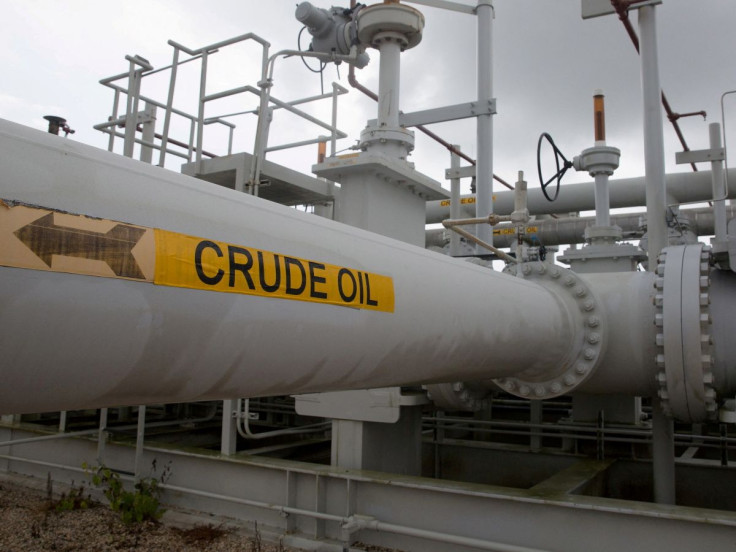Oil Little Changed In Choppy Trade; U.S. Says Export Ban Not Ruled Out

Oil prices were little changed on Tuesday in choppy trade after the U.S. energy secretary said Washington has not ruled out export restrictions to lower fuel prices.
Concerns over a possible recession and China's COVID-19 curbs also weighed on the market.
Brent crude rose 9 cents to $113.51 a barrel by 1:36 p.m. EDT (1736 GMT). U.S. West Texas Intermediate (WTI) crude fell 63 cents to $109.66 a barrel.
Oil has surged this year, with Brent hitting $139 in March to its highest level since 2008 after Russia's invasion of Ukraine exacerbated supply concerns.
Asked on Tuesday if the United States was considering restricting petroleum exports to ease fuel prices, U.S. Energy Secretary Jennifer Granholm said, "I can confirm the president is not taking any tools off the table."
"Initially the assumption is that is going to reduce the prices for products in the United States," said Phil Flynn, an analyst at Price Futures Group.
Prices rose earlier in the session as the European Union moves closer to agreeing to a ban on Russian oil imports. Such an embargo is likely to be agreed to "within days," Germany's economy minister said on Monday.
Another source of support is U.S. gasoline demand. Memorial Day weekend travel this weekend is expected to be the busiest in two years as more drivers hit the road and shake off coronavirus lockdowns despite high pump prices.
Even so, worries about threats to the global economy - a main theme of the Davos meeting this week - were behind price falls earlier on Tuesday.
Beijing is stepping up quarantine efforts to end its outbreak while Shanghai's lockdown is due to be lifted in a little more than a week.
The American Petroleum Institute's weekly inventory report will be in focus at 2030 GMT for a read on demand. Analysts expect lower gasoline and crude inventories. [EIA/S]
© Copyright Thomson Reuters {{Year}}. All rights reserved.





















